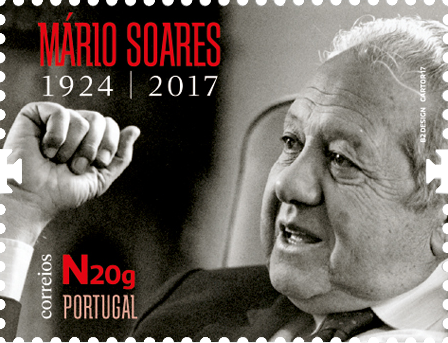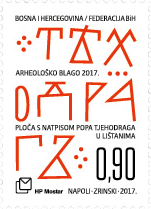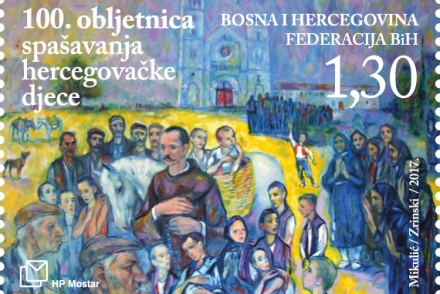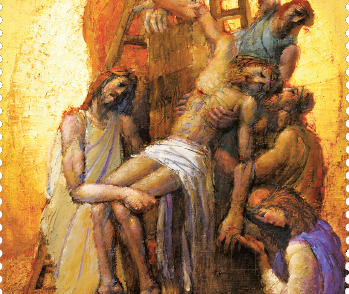Mário Soares 1924 – 2017
Portugal- According to Medeiros Ferreira, “Ma?rio Soares is the most important political gure in Portugal of recent decades,” adding: “When we were both on the Democratic Opposition ticket in 1965, I had no doubt I was dealing with the strongest political gure in the struggle against dictatorship. Once the regime was overthrown, almost everything would have to go through him.”
For Ma?rio Soares, politics was both a calling and a conviction, a pleasure and a passion. It was his destiny. At the moments when everything was at stake, the call of his voice for freedom became the voice of the entire country. As the founder and guarantor of Portuguese democracy, his name is synonymous with the newly democratic state’s early design and implementation. He became the face of democratic and European Portugal and his passing was news throughout the world. It was, after all, the end of a great life lived in the pursuit of freedom.
Soares was born in Lisbon on 7 December 1924. From his father, Joa?o Soares, a minister in the First Republic and an intellectual and educator, he received his rst idealistic taste of politics and culture. From his mother, Elisa Nobre Baptista, he inherited his sense of practicality and pragmatism.
The Spanish Civil War was to be the parent of his political awakening. Educated in private schools, Soares nished his secondary education in the Cole?gio Moderno, founded by his father. In 1942, when entering the University of Lisbon, his clear antifascist political positioning was already developed. He graduated in History and Philosophy and then in Law. His experience of World War II was intense, ghting for the Allies. Following the Allied victory, Soares organised large demonstrations, but Salazar held rm.
He married Maria de Jesus Barroso while in prison in 1949 and they went on to have two children: Joa?o and Isabel. The youth wing of the Movement for Democratic Unity (Movimento de Unidade Democra?tica – MUD) represented his beginnings as a political leader. Arrested 13 times, he was deported to Sa?o Tome? and exiled in France. He participated in all the great battles against the dictatorship. Following the murder of General and politician Humberto Delgado at the hands of the government’s security forces (PIDE), Soares acted as the family’s lawyer. By 1950, he had distanced himself from the Communist Party (Partido Comunista Portugue?s – PCP), embarking on a political journey that would lead him to founding Portuguese Socialist Action (Ac?a?o Socialista Portuguesa – ASP) and eventually, in 1973, the Socialist Party (Partido Socialista – PS).
Following the Carnation Revolution of 25 April 1974, Soares returned to Portugal as part of the Freedom Train. In his luggage he brought with him a Party, a network of international relations and a vision for the country. In search of diplomatic recognition of the Revolution, he visited friends in leadership positions across Europe. As Minister of Foreign A airs in the First and Second Provisional Governments, he opened Portugal to the world. He initiated discussions on decolonisation, though this process soon fell under the authority of the revolutionary Armed Forces Movement (Movimento das Forc?as Armadas – MFA) and the Portuguese Communist Party.
As the Communists’ intention of seizing power became increasingly clear, Soares led a PS strongly opposed to totalitarianism. After the Socialist victory in the elections to the Constituent Assembly in April 1975, democratic legitimacy took priority over revolutionary legitimacy. The push for centrally controlled unionism was rejected by the Socialist Party; the communist takeover of the Repu?blica newspaper saw the country take to the streets and the Socialists abandon the government; the Fonte Luminosa rally became a symbol in the ght against the more radical left of Vasco Gonc?alves and A?lvaro Cunhal. French writer and statesman Andre? Malraux claimed that for the rst time in history, the Mensheviks had defeated the Bolsheviks. Soares had become an international gure.
In 1976, the Socialist Party won the legislative elections and Soares became Prime Minister of the 1st and 2nd Constitutional Governments, saving the country from bankruptcy, strengthening the rule of law, laying the foundations of the Welfare State and applying for membership of the European Economic Community (EEC). In subsequent years, he led the opposition to the Democratic Alliance (Alianc?a Democra?tica – AD), though collaborated in the formation of agreements to make Portugal a more civil and European democracy. In 1983, he returned to lead the Government (the 9th of the 3rd Republic) and in 1985, rati ed Portugal’s entry to the EEC. It is a matter of record that the Soares governments were the most reformist and e ective in modern Portuguese history, making fundamental decisions for the economy and society.
In 1986, despite a low initial standing in the polls and a tough campaign, Soares was elected the Republic’s rst civilian President in 60 years. In 1991, he was re-elected to the presidency with more than 70% of the votes. The style and openness of his presidency have become the contemporary model for how politics are run and how the state is perceived in Portugal, with culture given a central role.
After the presidency, Soares remained an engaged presence on the political scene through his speaking, his writing and his actions. He established the Ma?rio Soares Foundation and championed the cause of environmental protection, becoming President of the Independent Global Ocean Commission. He opposed the Iraq war, which he considered a disaster for the West and was a Member of the European Parliament. While he lost the presidential elections of 2006, the manner in which the winner went on to exercise his mandate and the state of the country in the following years largely justi ed the positions adopted by Soares during the campaign.
A Portuguese, European and international gure, Ma?rio Soares attained the highest of political o ces and distinctions but never rested on his laurels. He remained ghting to the end: critical, prescient, premonitory, prudent, constructive. He was proud of the books he authored and the battles he won. In him, politics and freedom were one and the same, inseparable from life and what makes it great.
Jose? Manuel dos Santos
Issue Date: 28.04.2017
Designer: Atelier B2
Printer: Cartor
Process: Offset
Size: Stamp: 40 x 30,6 mm, Souvenir Sheet: 125 x 95 mm
Values: N20g




